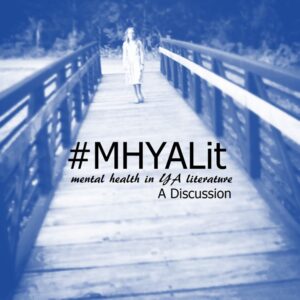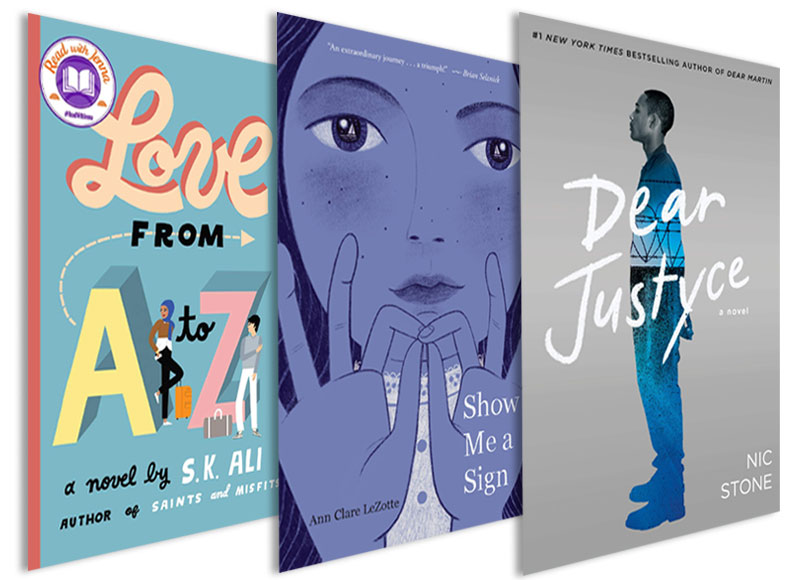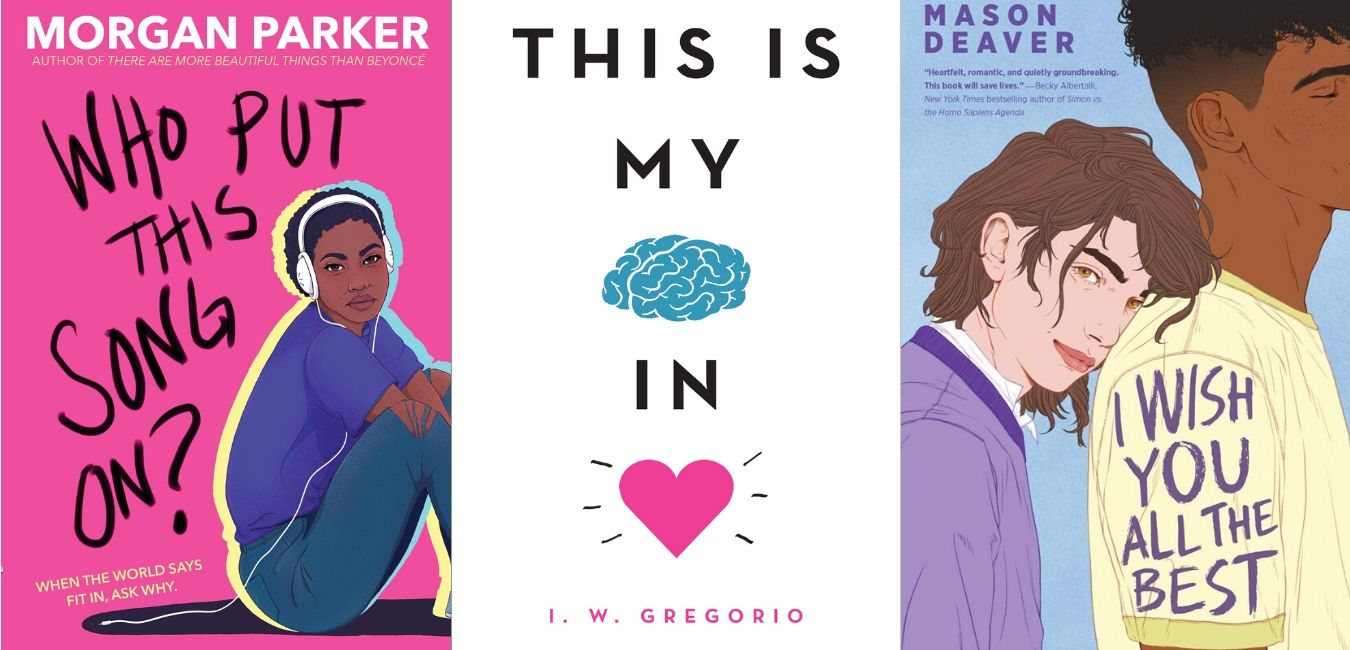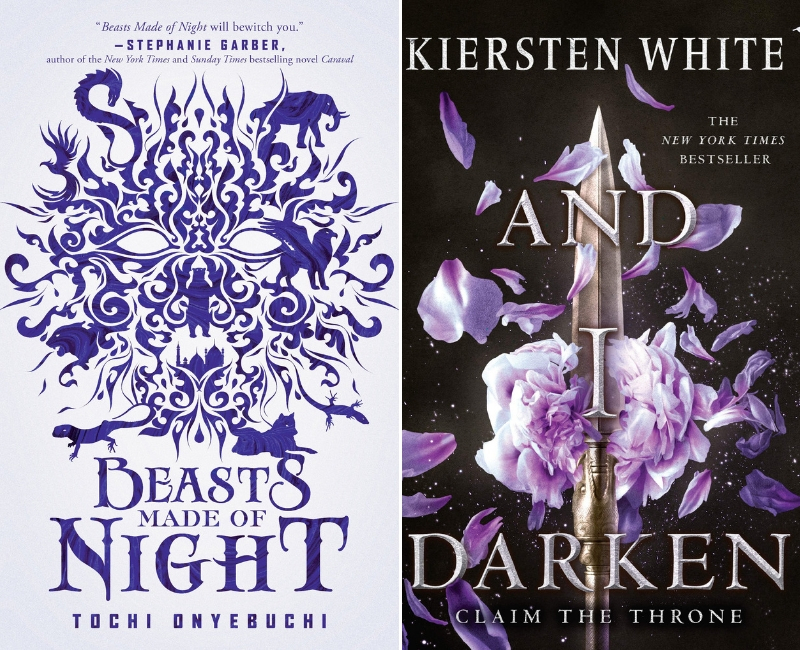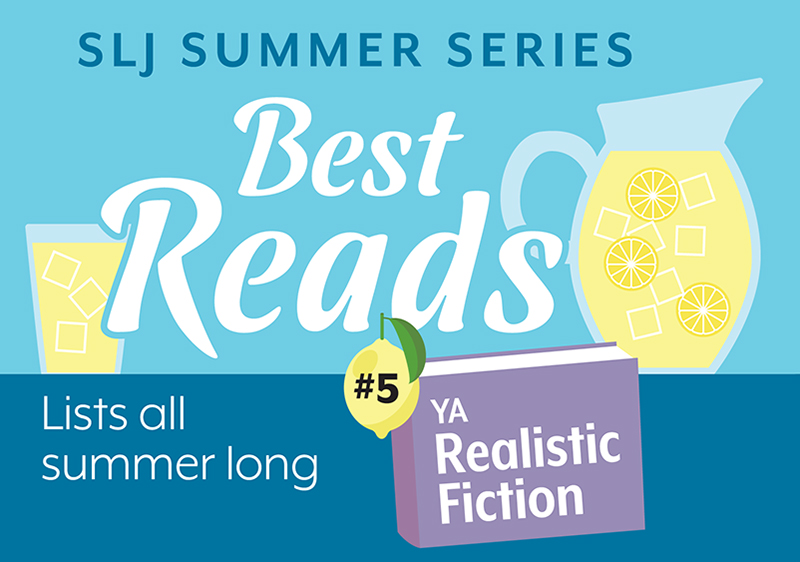#MHYALit: When the Ending Is Not the End: Mental Health and Accepting the Long-Term Journey by Annie Cardi
Today as part of our #MHYALit Discussion we are honored to host author Annie Cardi. This is her second of three posts that will appear here throughout the year as part of our discussion.
You can read her first post here.
See all the #MHYALit Posts Here
The advice given to every debut author: don’t look at your reviews. Don’t Google yourself. Don’t set up an autosearch and comb through blogs. And for the love of all that is good, don’t go on Goodreads.
ADVERTISEMENT
ADVERTISEMENT
Confession: I never take that advice.

Reviews don’t bother me. I’ve been in creative writing workshops, so I have experience listening to feedback from people I trust and from people whose opinion I don’t care about at all. I’ve worked in publishing, so I know that rejections aren’t personal. And as a reader, I know that there are books I adore that other people hate and books I slogged through that other people love. Just because a book isn’t for you doesn’t mean that it’s not worthwhile—it’s very likely someone else’s favorite book. Reviews reflect a reader’s personal tastes, what strikes them and what leaves them cold. It’s a glimpse into a reader’s life, and I love seeing that, no matter how good or bad the review. I don’t even mind the very critical reviews, as long as they’re thoughtful. Think my book is boring? Okay. Don’t like the main character? That’s fair. The reader’s experience is theirs, and why should that bother me?
Every so often, I’ll see a review that mentions the ending—or rather, the lack thereof. Some reviewers are frustrated because there’s no definitive resolution for Alex or her mom; others want to know what happens after the last page. And that’s a completely valid reading experience.
But I stand by my ending.
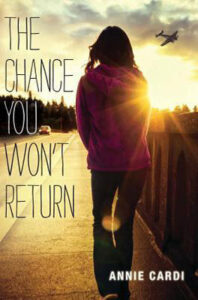
When I was writing The Chance You Won’t Return, I wanted to portray what it’s like for a family to live with mental illness as sensitively and accurately as possible. While I don’t know anyone who’s believed they were Amelia Earhart, I know a lot of people who have struggled with depression, anxiety, OCD, eating disorders, addiction, and people who have seen loved ones struggled with these kinds of challenges. Just as each person and brain is unique, living with mental illness can mean a variety of things to a variety of people. Different medications and therapies and coping mechanisms and support groups can be helpful to a lot of individuals, and not as helpful to others.
One thing I’ve seen that’s pretty common to a lot of people—mental health struggles aren’t something you just fix. There are good days and bad days, but at some level, these challenges are always with you. And that’s okay. It can sound overwhelming to think “I have to deal with this for my whole life,” but it means that you shouldn’t feel pressure to feel 100% better on any given day. We all have good days and bad days, and if you’re struggling with mental illness, allowing yourself the permission to acknowledge the hard times and seek help is essential.
We all want to only have good days. It would be so much easier if there were a single pill we could take or a therapist we could go to for a few months that made us feel better for the rest of our lives. In reality, most people need long-term support, even when they’re feeling better. Medication can help provide balance to your biological chemistry. Therapy can help you open up about and address issues that might seem small but are still a big part of your daily experience. These kinds of things are helpful whether you’re having a great day or an awful one. And your life is never one single experience at a time—maybe your medication isn’t working as well as it used to and you need to find something else, or maybe you ran into a major challenge and need an emergency therapy session immediately. Thinking that there’s a ‘fix’ puts way too much pressure on the individual to only have good days (which is unrealistic) and to shoulder their bad days alone.
ADVERTISEMENT
ADVERTISEMENT
For me, the best approach to living with mental illness is when you can acknowledge your long-term journey. Having bad days doesn’t mean you’re failing, and having good days doesn’t mean you should stop taking care of yourself.
So is the ending of The Chance You Won’t Return ambiguous and potentially frustrating? Definitely. But it was important to me to present a character who’s learning to take care of herself and who’s on the road to recovery, day by day. Alex’s family is learning how to put itself back together, and I truly believe that they’ll be together soon. That doesn’t mean that Alex’s mother won’t have bad times in the future, but it means the Winchesters are all learning about ongoing support and care and openness.
Whether you’re having a good day or a bad day, there is hope. There’s always another day, and the ending of a particularly tough experience doesn’t have to be the end.
Author Bio: Annie Cardi is the author of The Chance You Won’t Return, which was named a Bank Street College of Education Best Book of the Year for 2015. She holds an MFA in creative writing from Emerson College and a BA from the University of Virginia. In her free time, she enjoys running, baking, and spending too much time on Tumblr. Annie lives near Boston with her husband and a portrait of a sea captain. You can find her sharing funny gifs and pictures of corgis at: Blog Facebook Twitter Tumblr.
Filed under: #MHYALit
About Karen Jensen, MLS
Karen Jensen has been a Teen Services Librarian for almost 30 years. She created TLT in 2011 and is the co-editor of The Whole Library Handbook: Teen Services with Heather Booth (ALA Editions, 2014).
ADVERTISEMENT
ADVERTISEMENT
SLJ Blog Network
Name That LEGO Book Cover! (#53)
Cover Reveal and Q&A: The One and Only Googoosh with Azadeh Westergaard
K is in Trouble | Review
Fighting Public School Book Bans with the Civil Rights Act
ADVERTISEMENT


